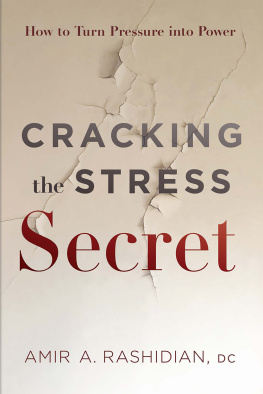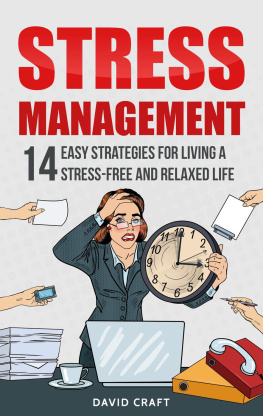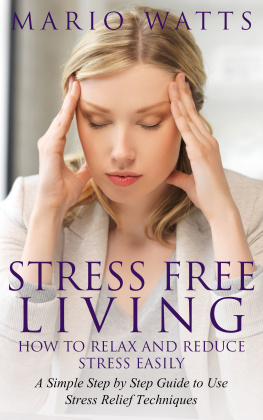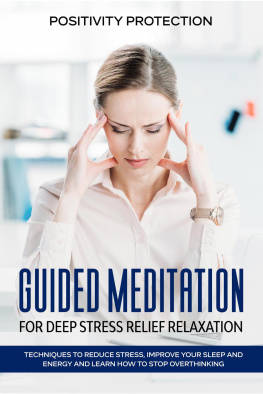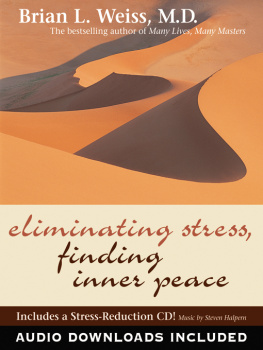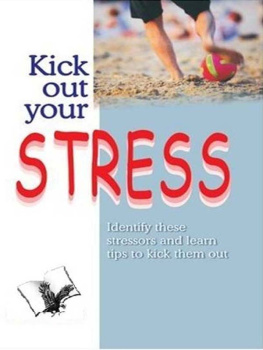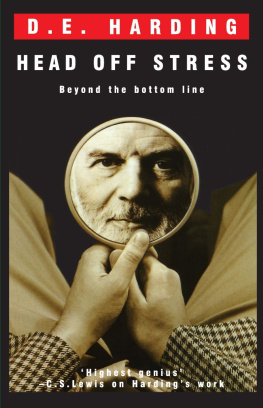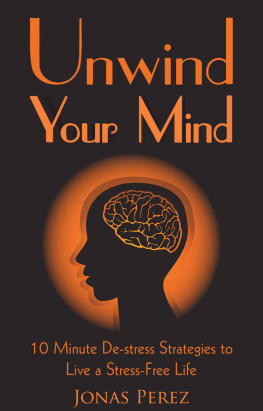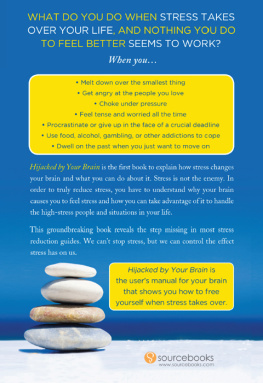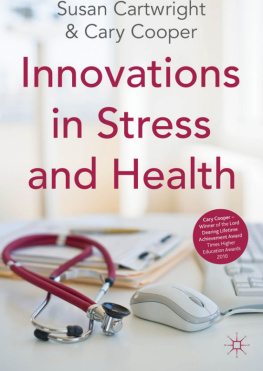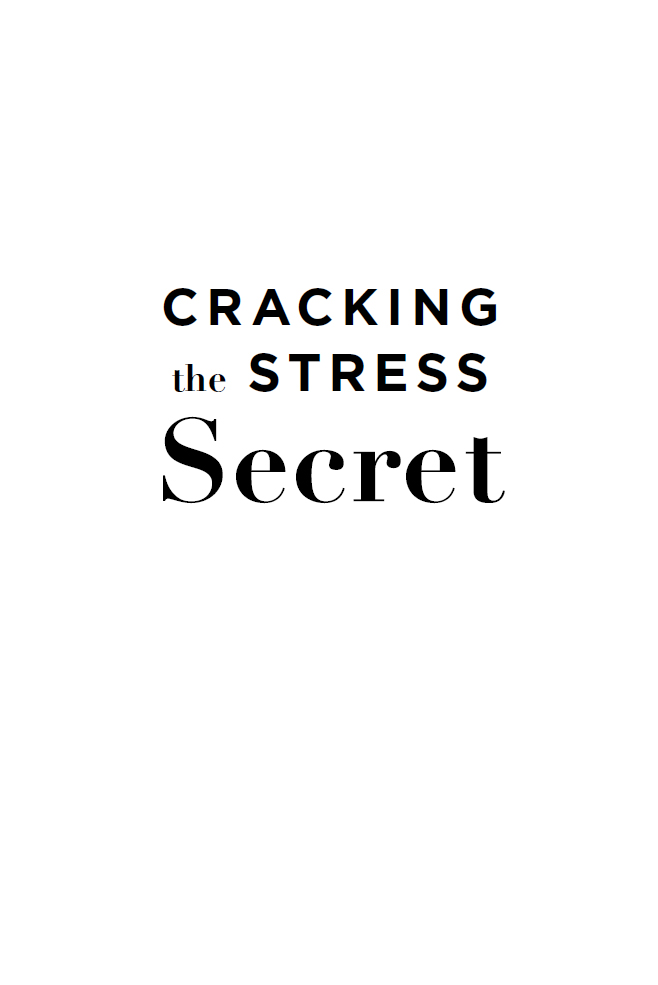

This book is intended as a reference volume only, not as a medical manual. The information given here is designed to help you make informed decisions about your health. It is not intended as a substitute for any treatment that may have been prescribed by your doctor. If you suspect that you have a medical problem, you should seek competent medical help. You should not begin a new health regimen without first consulting a medical professional.
Published by Greenleaf Book Group Press
Austin, Texas
www.gbgpress.com
Copyright 2022 Amir Rashidian
All rights reserved.
Thank you for purchasing an authorized edition of this book and for complying with copyright law. No part of this book may be reproduced, stored in a retrieval system, or transmitted by any means, electronic, mechanical, photocopying, recording, or otherwise, without written permission from the copyright holder.
Distributed by Greenleaf Book Group
For ordering information or special discounts for bulk purchases, please contact Greenleaf Book Group at PO Box 91869, Austin, TX 78709, 512.891.6100.
Design and composition by Greenleaf Book Group
Cover design by Greenleaf Book Group
Publishers Cataloging-in-Publication data is available.
Print ISBN: 978-1-62634-952-0
eBook ISBN: 978-1-62634-953-7
Part of the Tree Neutral program, which offsets the number of trees consumed in the production and printing of this book by taking proactive steps, such as planting trees in direct proportion to the number of trees used: www.treeneutral.com

Printed in the United States of America on acid-free paper
22 23 24 25 26 27 10 9 8 7 6 5 4 3 2 1
First Edition
Contents
Part I:
Stress, Health, and Wellness
Part II:
Ten Steps to Turn Stress into Strength
and Move toward Health and Wellness
Preface
Go confidently in the direction of your dreams!
Live the life youve imagined.
Henry David Thoreau, Walden
I was nine years old when I decided that I had to become a doctor. My father wanted to show me how our ancestors had lived. So we got in the car and drove for three hours toward the mountains. Then when the road ended, we rode mules around the side of the mountain until we arrived in the village.
It was a beautiful morning.
I held my fathers hand as we walked through the rural village of small, primitive mud houses nestled near the river that ran along a green mountainside. I felt the crisp fresh air as it entered my lungs. There was no smog, no power lines, and none of the telephone poles that cluttered our home city of Sari. A shepherd was tending to his flock in the distance, women were washing clothes in the river, and children were playing with sticks and stones. It felt so peaceful there.
It was as if we had gone two hundred years back in time.
The tranquil scene was broken by a frantic man screaming something in Farsi. He was panicked and distraught. Even though I spoke the same language, this man spoke in an unfamiliar dialect. Villagers rushed from everywhere to help. The desperate man led his neighbors into his home, and my father and I followed close behind. The one-room house we entered was rustic but tidy, with pots and pans stacked under a long wooden table. Large cushions lay against the wall, and an earthen floor was covered by a hand-woven red rug.
But all I could focus on was the groaning woman lying on some blankets in the corner. She was obviously pregnant and in a lot of pain. Tears rolled down her cheeks. She screamed in agony, and I grasped my fathers hand tighter. Something didnt feel right about her appearance. No one knew what to do for her. So they waited and watched and suffered with her.
Finally, Zahra, the midwife, walked in. She knelt down, examined the woman for a minute or two, and then stood up. In her native tongue she said, Im sorry. The baby is dead, and the mothers time is short. Unless you can get her to a hospital in the next twenty minutes, she will die. With a final glance, Zahra walked out the door.
The room was silent, except for the pregnant womans groans. One by one, the villagers left. They knew she would never survive a grueling two-hour mule ride down the mountain. They shuffled out with their heads low, not making eye contact. A look of horror covered her husbands face as he realized her death was imminent. He fell to his knees and cried in agony, kneeling and holding his arms outstretched toward the sky.
I started to cry. I actually felt pain. It was the first time in my life that an emotion was so strong that it affected me physically. It felt as if I was suffocating. I gasped for air.
Realizing my sorrow, my father, Javad, picked me up and held me close. As he carried me out of the house, he said, Amir, my son, there was nothing that could be done. We could not help her. We have to accept that.
I nodded, but I didnt accept it. The image of that woman suffering and slowly dying while her husband sat powerless beside her was burned into my mind forever. In that moment, I could not imagine how the emotions of that day would ultimately change the entire course of my life.
Once outside, my dad and I made our way down the mountain and got in the car for the three-hour drive home.
Amir, what is it you are thinking about? asked my dad while driving.
Baba, I dont want to feel that helpless ever again, I stammered, still shaken by the events of the day.
What do you intend to do about it?
Im going to become a surgeon. I will be the best surgeon in the whole world, and I will carry my bag with me everywhere I go. Baba, Im going to save lives.
With every molecule of my nine-year-old body and pure determination, I vowed that I would do whatever it took to become the worlds greatest doctor. This became my lifes purpose.
Ten years later, I was a sophomore at The George Washington University in Washington, DC. I was a premedical student with stellar grades, and every aspect of my life was advancing according to my plan: to go to medical school and ultimately save lives. As fate would have it, everything was about to change!
After completing a difficult semester, I was ready for a much-needed rest. I was excited about spending Christmas break at home and seeing my parents, who had immigrated to the United States and were now living in Gaithersburg, Maryland. What I experienced as I walked through the door of the small townhouse wasnt the happy and welcoming reception that I had expected. My mom and dad didnt rush to the door with outstretched arms and warm embraces. Instead, Dad was wearing a big, thick, white neck brace and walking gingerly toward me. He was obviously heavily medicated and couldnt lift his arms to give me a hug. My mother, despite her best efforts, couldnt mask the anguish and stress that Dads injury had caused.
Hello! Welcome home, Son! How are you? asked Javad, as he struggled to smile for me.
Im fine, Dad, I replied, but what I really wanted to say was I cant believe youre in pain again. My fathers condition was a chronic one and seemed to flare up at the most inopportune times. About ten years prior, he was involved in several back-to-back car accidents, and ever since he suffered from painful episodes, but never this badly.
Next page
